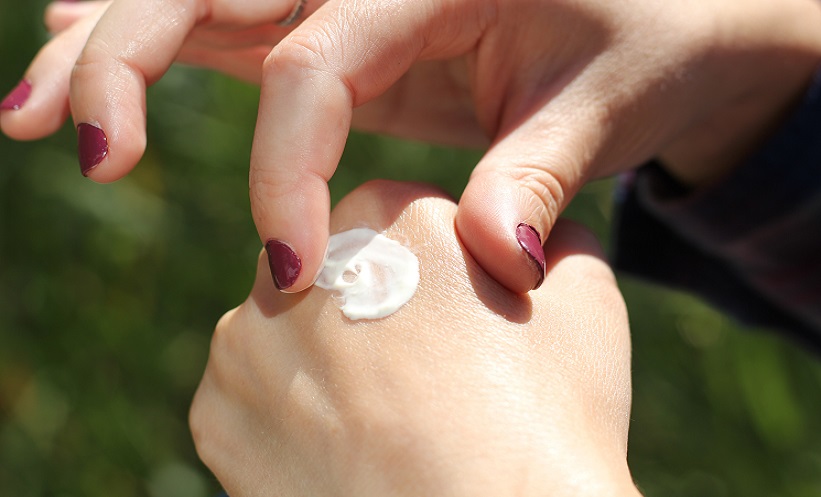ATOPIC Dermatitis (AD) is a severe form of eczema that commonly affects young children but can also affect adults of all ages. Creams and ointments help provide pain relief and soothe the affected area, but there is a gap in the market for more effective and safer creams. A study by Kim Papp looked at ruxolitinib as a topical cream for AD. Ruxolitinib works by inhibiting JAK1 and JAK2 on the cell surface and consequently affects the signalling cascade that would eventually produce pro-inflammatory cytokines.
Phase III clinical trials, TRuE-AD1 and TRuE-AD2, involved 1,249 patients who were randomised in a 2:2:1 ratio to either 0.75% ruxolitinib cream, 1.5% ruxolitinib cream, or a vehicle cream for eight weeks. In both studies, ruxolitinib proved to have anti-inflammatory effects and results showed that there was a significant reduction in itching within 12 hours of applying 1.5% ruxolitinib cream (p<0.05) in comparison to the vehicle cream.
Further to this, the long-term results, which assessed the safety and severity of adverse events for 44 more weeks, were also promising. Patients that were previously applying the vehicle cream were randomised again in a 1:1 ratio to either 0.75% ruxolitinib cream or 1.5% ruxolitinib cream. The mean surface area of the body affected by AD was <3% in patients applying 0.75% ruxolitinib. Furthermore, there were no serious adverse events: a total of 8% of patients reported adverse events and none of these were severe, the most common being upper respiratory tract infections and nasopharyngitis.
Sharing the data at a symposium, Kim Papp, Dermatologist, Founder, and President of Probity Medical Research, Waterloo, Canada, highlighted the similarities of adverse reaction rates across all treatment groups as an encouraging sign of the safety of the ruxolitinib cream: “The incidence of application-site reactions was low, and there were no clinically meaningful changes or trends in hematologic parameters.”
The results are exciting for the future of AD treatment and if approved by the FDA, this topical cream would be the first of its kind in dermatology.







